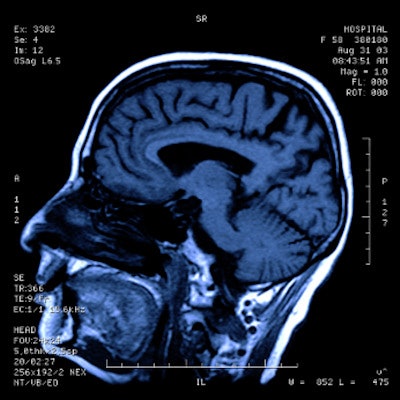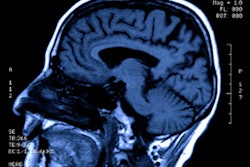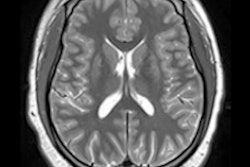
Brain MRI shows that adults between the ages of 40 and 69 with healthy cardiovascular systems also have healthier brains, according to research to be presented at the upcoming American Stroke Association's International Stroke Conference.
The findings underscore the importance of heart health in preventing other diseases, said study lead author Dr. Julian Acosta of Yale School of Medicine in New Haven, CT, in a statement released by the association.
"Maintaining good cardiovascular health, as reflected in an optimal [American Heart Association] Life's Simple 7 score, helps to prevent cardiovascular events such as stroke and heart attack and supports overall brain health," he said.
Life's Simple 7 (LS7) is a metric developed by the AHA that delineates lifestyle choices that can translate to cardiovascular health, such as being physically active; eating well; not smoking; and maintaining healthy weight, blood pressure, cholesterol levels, and blood sugar. LS7 scores range from 0 (poor) to 14 (optimal); scores equal to or less than 4 are considered poor and those equal to or more than 9 are considered optimal.
Acosta and colleagues hypothesized that individuals with better LS7 scores also would have healthier brains. They used data from the U.K. Biobank, which consists of genetic and health information from more than 500,000 adults.
The study included information from 35,914 participants with no history of stroke or dementia; Acosta's team investigated any associations between LS7 measures (blood pressure, LDL cholesterol, HbA1c, smoking, exercise, diet, and body mass index) and two MRI brain health neuroimaging markers (the volume of white-matter hyperintensities -- that is, lesions -- and total brain volume).
"Reductions in brain volume are associated with aging-related conditions and neurodegenerative conditions such as Alzheimer's disease," Acosta said. "White-matter hyperintensities are usually a marker of injury to the brain, and these lesions often accumulate through life in people with diseased blood vessels due to other health conditions such as high blood pressure."
The researchers found that study participants with higher LS7 scores had lower white-matter hyperintensity volumes and higher brain volumes.
| Association of LS7 lifestyle scores with brain health | ||
| Neuroimaging marker | Average LS7 score (5-9) | Optimal LS7 score (10-14) |
| Percent lower white-matter hyperintensity volume | 18% | 43% |
| Percent higher brain volume | 0.86% | 2.4% |
"The difference in brain volume is very significant, with a 2.4% higher volume among those with optimal Life's Simple 7 measures -- [which is] equivalent to a brain that is approximately seven years younger," Acosta said in the association statement.
The team also found that high blood pressure was the biggest contributor to high volumes of white-matter hyperintensities and higher blood sugar was the biggest contributor to lower brain volume.
The findings highlight how essential whole-body health is for brain health, according to Acosta.
"It's important for clinicians to be aware that these factors influence brain health overall, not only the risk of stroke and heart attack, and to continue to encourage and support patients in achieving their cardiovascular health goals," he said.





















